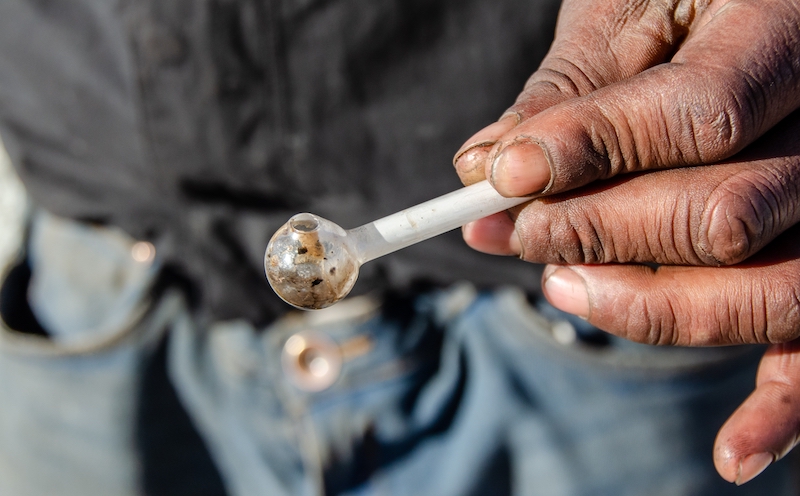The Tennessee-based health system has created the Strong Futures program to offer a new level of treatment for mothers and kids
By Jason Langendorf
Last week, Ballad Health, an integrated health system based in Johnson City, Tenn., announced the launch of a program dedicated to serving mothers, pregnant women, babies and young children affected by addiction.
The new program, called Strong Futures, will provide varied addiction-care services to mothers and children in an effort to help local families break the cycle of addiction and behavioral disorders that have led to generational literacy shortfalls and poverty in the Appalachian Highlands region. A two-year, $7 million grant from the Tennessee Department of Human Services will help fund Strong Futures’ initiatives.
I think the first step is to show it works. And let me tell you, if there’s any health system out there that wants to come see what we’re doing, we would welcome having them come here.”—Alan Levine, chairman, Ballad Health
Ballad Health chairman Alan Levine credits a comprehensive, holistic-minded plan, as well as the buy-in of Tennessee governor Bill Lee and a bipartisan coalition across several states. Ballad Health serves a 29-county area the size of New Hampshire known as the Appalachian Highlands, which covers parts of Tennessee, Virginia, Kentucky and North Carolina.
“Addiction, poverty, health and education are all interrelated, and they all have far-stretching consequences that affect families for generations,” Levine said in a statement announcing Strong Futures. “For Ballad Health to address something as broad as a region’s health status, we must look into each of these elements and see how we can create positive change from the very beginning of someone’s life.”
The Strong Futures program will be headquartered at the former Takoma Regional Hospital in Greeneville, Tenn., providing an array of addiction-care and behavioral-health services—including residential and outpatient programs—to women and their children.
How Strong Futures Program Works
“They’re meeting with a behavioral-health team, meeting with therapists, meeting with folks that can help set them up with financial literacy classes, with workforce development,” says Tammy Albright, CEO of Ballad Health Behavioral Health Services.
“We’re looking at an all-around approach based on the needs of the women and children involved in this. So they can bring their family, their children, their significant other—whether that be the father or whoever they define as family—to participate in ongoing therapy, counseling, parenting classes. Whatever they need to help support that family and that mother in her recovery.”
A key element of the program, Levine points, has been Ballad Health’s active recruitment of participation from the local community—“More than 300 partner organizations throughout this whole region, [including] churches, schools, businesses, law enforcement,” he says—to help close the social-determinant gaps. That includes the program’s Strong Brain Institute, a partnership between Ballad Health and East Tennessee State University through which study data is collected and analyzed to determine the root causes of Adverse Childhood Experiences (ACEs).
“What are the interventions that can help mitigate the impact of those experiences?” Levine says of the Strong Brain Institute’s work. “And then how do we share our knowledge with the rest of the country on it?”
A National Model for Addiction Family Care
Levine says the Strong Futures program was developed at Ballad Health, independent of any existing models that he’s aware of, but he believes its all-touchpoints approach could influence the way addiction care is thought of and administered across the country.
“I absolutely believe it can be replicated,” he says. “And I think it can be tailored to the structure of the health delivery system in whatever community is out there. There’s an awful lot of communities where you have a sole hospital provider. And then you have communities where you have competing health systems. In our case, the health system is the facilitator—but it doesn’t have to be us. You could go to a place where you have two or three large health systems and form a cooperative, like an accountable-care community, where you have one accountable care community that’s leading it and the health systems help capitalize it.”
Adds Levine, “I think the first step is to show it works. And let me tell you, if there’s any health system out there that wants to come see what we’re doing, we would welcome having them come here.”
Photo: Sai de Silva













